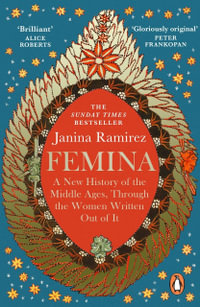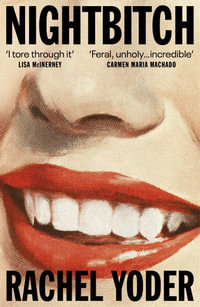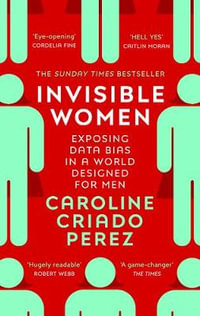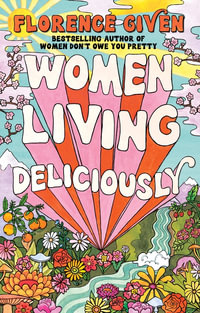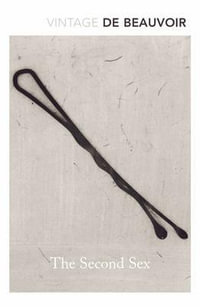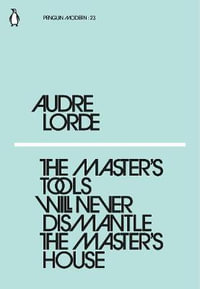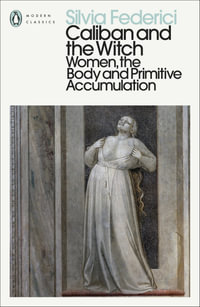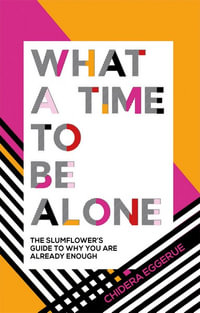Within every woman there is a wild and natural creature, a powerful force, filled with good instincts, passionate creativity, and ageless knowing. Her name is Wild Woman, but she is an endangered species. Though the gifts of wildish nature come to us at birth, society's attempt to "civilize" us into rigid roles has plundered this treasure, and muffled the deep, life-giving messages of our own souls. Without Wild Woman, we become over-domesticated, fearful, uncreative, trapped.
Clarissa Pinkola Estes, Ph.D., Jungian analyst and cantadora storyteller, shows how woman's vitality can be restored through what she calls "psychic archeological digs" into the bins of the female unconscious. In Women Who Run with the Wolves, Dr. Estes uses multicultural myths, fairy tales, folk tales, and stories chosen from over twenty years of research that help women reconnect with the healthy, instinctual, visionary attributes of the Wild Woman archetype.
Dr. Estes collects the bones of many stories, looking for the archetypal motifs that set a woman's inner life into motion. "La Loba" teaches about the transformative function of the psyche. In "Bluebeard", we learn what to do with wounds that will not heal; in "Skeleton Woman", we glimpse the mystical power of relationship and how dead feelings can be revived; "Vasalisa the Wise" brings our lost womanly instincts to the surface again; "The Handless Maiden" recovers the Wild Woman initiation rites; and "The Little Match Girl" warns against the insidious dangers of a life spent in fantasy.
In these and other stories, we focus on the many qualities of Wild Woman. We retrieve, examine, love, and understand her, and hold her against our deep psyches as one who is both magic and medicine.
In Women Who Run with the Wolves, Dr. Estes has created a new lexicon for describing the female psyche. Fertile and lifegiving, it is a psychology of women in the truest sense, a knowing of the soul.





